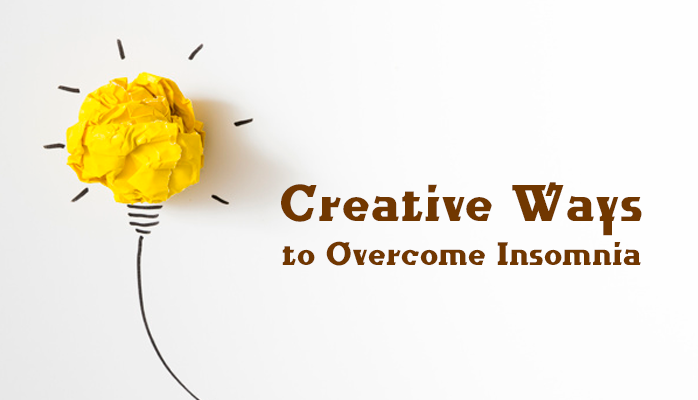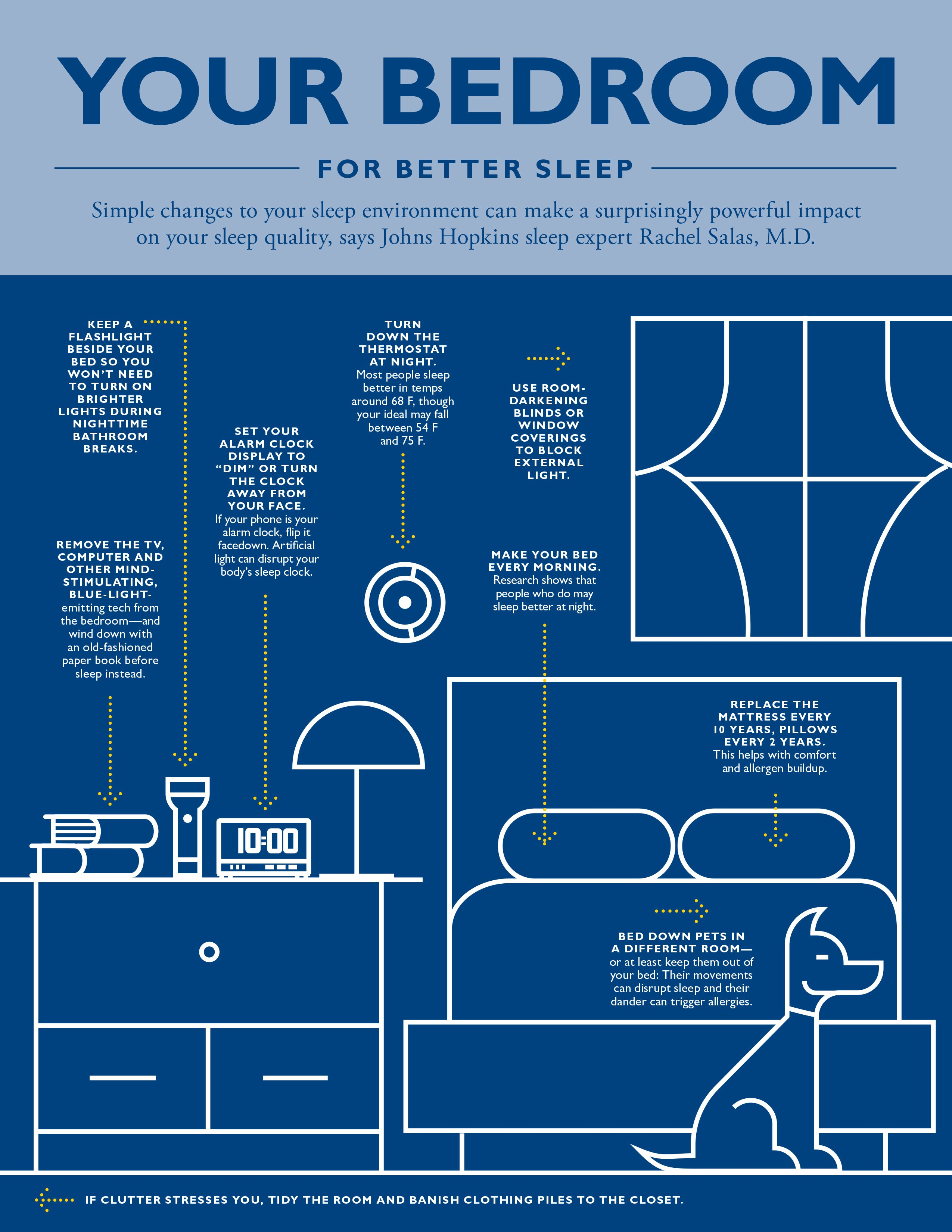
Insomnia is a frustrating sleeping disorder that can affect mental, physical, social, and spiritual health. Insomnia can be temporary or chronic, and caused by something or seem to appear without cause. Those with insomnia have, likely, tried many things to fall and stay asleep. Here are some rather creative and additional tips for overcoming insomnia and improving sleep.
Hot Bath, Cold Room
Our bodies prepare us for sleep in response to two things:
- Decrease in light
- Cooling of temperatures
Biologically, the human body is designed to sleep at the night when it is cold. With the advent of in-home heating and cooling, the body lacks to natural change in temperature that occurs in the environment. Therefore, keeping a cooler room at night tells the body that it is night time and time for sleep. This cues the body to produce melatonin, which will help you fall and stay asleep. Those who sleep in hot rooms are more likely to wake up throughout the night.
A “cooler” room doesn’t mean a “cold” room necessarily, but a temperature that is cooler than daily temperatures. For example, those between 60-68 degrees is reasonable.
Another temperature trick is taking a hot bath before bed. Stepping out of a hot shower into a cooler room gives the body a similar temperature drop that happens outside. This simulates the same “cooling” effect that tricks the body into producing melatonin.
Make Your Room a No Electronics Zone

Screens emit blue light, which delays the release of melatonin. Furthermore, delays in sleep while in the bedroom creates negative associations between sleep and the bedroom. The bed should be an automatic signal to the brain to prepare for immediate sleep.
It’s difficult, but try practicing a no-screen zone in the room, at least at night. No smart phones, no TVs, no laptops, no screens. After a couple of weeks, the ability to fall asleep should begin to improve. In place of screens, pick up a book, get a journal, or do some other activity before bed.
Think About Your Day Backwards
A common trick to overcome insomnia is to think about the day backwards. It's similar to counting sheep but is another mental trick to falling asleep. While lying in bed, think about the events in the day backwards in a slow and unexciting way. This mind numbing task should eventually lead to restful slumber.
Rocking Yourself to Sleep
A recent study on sleep and rocking found that rocking helps adults sleep more deeply and wake up fewer times during sleep. Here is a summary of the study:
- Monitored sleep of 18 adults over three nights who slept in bed that rocked gently
- Electrodes recorded brainwave activity throughout each night
- Results concluded that the adults slept better, deeper, and longer when they were in the rocking bed
Rocking before bed may help the onset of sleep, such as in a rocking chair or certain yoga exercises that involve rocking.
Listen to White Noise
White noise can be particularly effective in helping one sleep. Not only do many people report white noise as soothing and sleep-inducing, but will block out other distracting noises.
In a sleep study with white noise and newborns, 80% of newborns fell asleep within 5 minutes while listening to white noise while only 25% of newborns fell asleep within 5 minutes without white noise. Whether this works on adults is probably person-dependent.
That being said, noise doesn’t work for everyone, and many people prefer absolute silence. But if someone lives in a noisy environment, such a city, try using white noises as it may be preferable to other jarring environmental noises.
What if Your Insomnia Still Won’t Go Away
If you have tried these tricks and everything else, you likely need to consult with your doctor or a sleep specialist. If you live in Alaska and still can’t sleep, take our online sleep test and get in touch with our sleep specialists.

